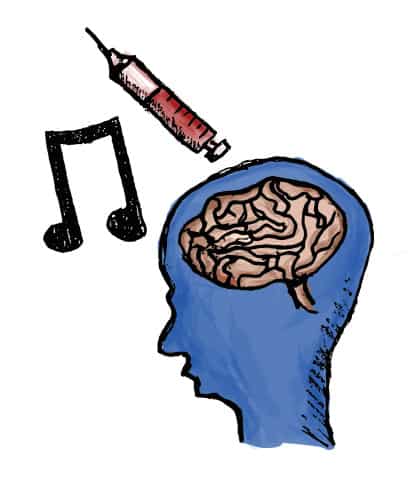Though the University of Saskatchewan doesn’t actually offer a class on underwater basket weaving, we’ve all been stuck in electives that feel just as impractical. Luckily, there are many noteworthy classes to make elective requirements feel less like a chore! Try something new this term and gain some useful skills with these off-beat options.
Classics 103: Medical Terminology
Latin and Greek are not common languages in North America. However, these two languages combine to make up the extensive vocabulary of the sciences. This class aims to help students alleviate the need to memorize vocabulary by teaching them the Greco-Latin roots and how they can be used to decipher words and phrases. Although this class is highly beneficial to those in the life sciences, students of all areas of study can find this class interesting and useful — the course also touches on language history and etymology, the study of language.
Classics 103 is taught this term by Beth Ritchert, and it has no prerequisites or restrictions for registration.
Interdisciplinary Studies 110: Strategies for Academic Success
There are times in the life of every student when we learn a valuable lesson about academia the hard way. Perhaps we wish we had better managed our time, written that essay more thoroughly or studied harder for that test. Unfortunately, we can’t change the past, but there is a class that focuses on these and other strategies for achieving academic success. The skills  learned in this class are not only applicable to academia but also to daily life.
learned in this class are not only applicable to academia but also to daily life.
Interdisciplinary Studies 110 is taught by a variety of professors from various departments. For example, Daryl Janzen has a PhD in physics and is a post-doctoral fellow at the Global Institute of Water Security at the U of S, while Liv Marken is a sessional lecturer in English and is involved with Student Learning Services on campus. This diversity brings a completely unique perspective to every section, a feature many other classes don’t have. Any student with fewer than 60 credits already completed may register.
Music 101: Fundamentals of Music
Music is heard every day all around the world. Understanding the language of it can give one a new appreciation for music, its industry and its producers. Throughout this class, students learn how to read music through interpretation of basic musical characteristics. It’s also a good way to get exposure to music genres you may not have discovered otherwise.
Music 101 is currently only offered online, so it is great for students with a need for flexible schedules. It is taught by Kerry Agnew and Allison Fairbairn, both of whom hold bachelor degrees in music. The class has no prerequisites for registration, but students majoring in music are ineligible. Students who intend to major in music may take this class only if they do not pass the music faculty’s required theory placement exam for admission.
Philosophy 120: Knowledge, Mind and Existence
What is knowledge and just how much can we “know?” Is reality a figment of our imagination or does it truly exist? This is just a small taste of what you can ponder in Philosophy 120. This class aims to aid your knowledge of the universe by asking questions that cannot be answered by conventional means. By combining class discussions, essay writing and thought-provoking readings, students gain valuable critical analysis, communication and writing skills which are imperative in the working world.
Although there are several sections taught by different professors, this term’s classes are taught by assistant professor Dwayne Moore, sessional lecturer Mary Day and St. Thomas More College lecturer Pierre-Francois Noppen. With diverse backgrounds in areas such as epistemology, which is the study of knowledge, and metaphysics — philosophy concerning the abstract concepts of the universe — these professors are well suited to their subjects.
Leave a Reply